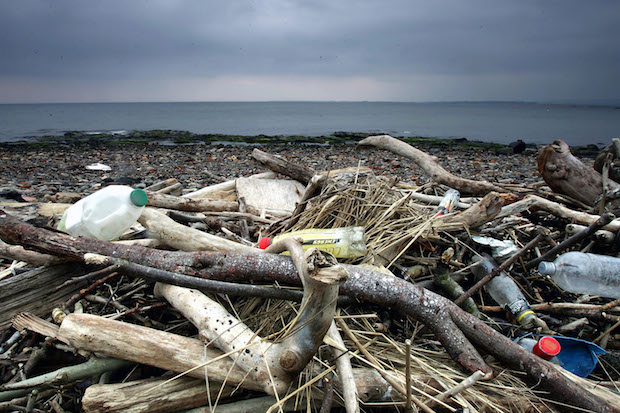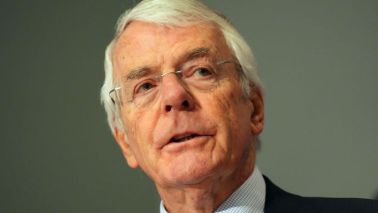In the ‘bad old days’ – namely before the late 20th century – it was traditionally the case that the less ethical and the less green a business or sector, the better. There was, and still is, a whole cacophony of ‘sin stocks, from tobacco to oil and gas to defence and junk food.
The reason for an enthusiasm for all things sinful was, and probably still is, because such businesses tended to have the most secure profits profile. After all, people will always smoke, go to war and binge eat.
However, from a moral standpoint investors would be scraping the bottom of the barrel in terms of a clear conscience by going for such an approach. Nowadays, making money at all costs has been not only turned on its head, it has taken the form of investing for the benefit of both the investor, and the greater good.
As Guy Shone, Business Analyst and CEO of Explainthemarket.com insists: ‘Far from being the preserve of young hipsters, caring about where our money goes and monitoring listed companies to scrutinise behaviour has now become the norm.’
Ironically, all of this sounds like the kind of Hippy Dream one would have associated with the 1960s and 1970s. Alas, that generation, apart from a very few notable exceptions – The Body Shop being the best UK example – were in reality in the ‘greed is good’ camp.
50 years on, it would appear we have a genuine financial revolution on our hands. It has been suggested by data from by Triodos Bank, an ethical investment group, that within the next 10 years there is set to be growth of 173% in this particular area, up to a value of £48bn.
For those who are too impatient to wait, the alleged tipping point from unethical to ethical could be as soon as 2023, when the crossover between millennials wanting to get involved with asset classes with social conscious, and them actually having the cash to invest, will occur.
Given that Triodos Bank was as of last year sitting on €14.5bn in assets, one could assume that there is a decent wall of money waiting to be deployed here. Bevis Watts, managing director of Triodos Bank UK, suggests: ‘Demographic changes, social media and awareness of the challenges facing our planet mean that investors are waking up to the fact that there really is no such thing as a neutral investment. Every investment has an impact on individuals, society and the economy.’
The question now is what would an ethical world of investment look like? Clearly, there would be a progressively greater effect on the financial market, more than just the periodic rotation in and out of sectors that most of us are familiar with.
The way forward is probably to imagine breaking down the existing asset classes into their new manifestations. For instance, the energy sector is currently largely based on fossil fuels. It would be logical to assume that companies that do not pollute via their energy production, or clean up the damage would be at the heart of a millennial’s new portfolio in this area.
In the financial world much has been made of the effects of speculation, alcoholism, obesity, gambling, money laundering and exploitative lending. None of this would have a place in the portfolios of those investing for good.
Perhaps the worst part of this as we transition from immoral to ethical is the way that many multinational organisations have in the past made much of their worthy credentials on the face of things, only for this to turn out to be just a marketing initiative or spin. The reaction against this is a buzzword which applies to what more than half of millennials surveyed are moving to: ‘resist investing’.
On the subject of multinationals it may be worth that it is not only the blue chips who need to prove their credentials. Matt Howarth, co-founder and director at Reason Digital points out that, ‘socially responsible investing is not only a requirement for big businesses as they seek to give something back, it is also the purpose of smaller organisations like ours. As a digital social enterprise we are focused solely on using digital for good: developing websites, apps, animations and experimenting with innovations like AI and machine learning in order to improve and create solutions for clients, such as charities and housing associations, which play a crucial role in supporting society.’
Given how well the stage seems to be set as far as the younger investing generation goes, it appears to be well worth asking those at the coal face what they think of the new movement. Keith Allaun, CEO at Powerhouse Energy, a plastic waste to hydrogen energy conversion group takes a positive view. ‘We have seen increasing interest in what we are doing as a way of both saving the environment and getting in at the ground floor in a potentially world changing company. This combines the ethos of a company like Apple where I worked thirty years ago, with the ethics of building a sustainable future. The connection is finally being made that the plastics enemy can be turned into the environmentally friendly, clean fuel hydrogen. Making our planet sustainable must be a sustainable business proposition. We are part of the ecosystem of socially responsible investment, and we are glad to be here.’
All of this links in well with the circular economy. This goal carries the mantra of a sustainable cycle of materials within industry and beyond. While it may be that the young are more conscious on the morals of investing and the need to be green, the pace of the pollution crisis may mean that almost all of us could be negatively affected by the upcoming J Curve of environmental horror.






Comments